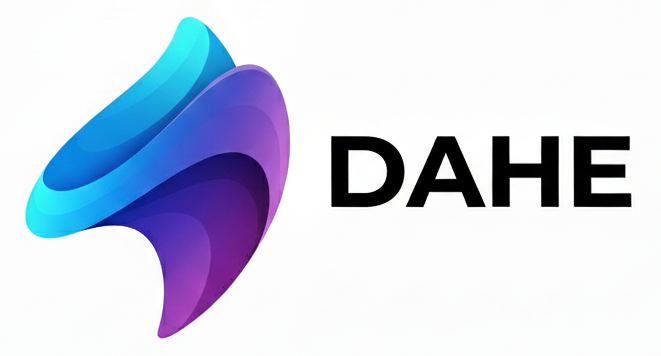[ad_1]
Revolutionizing the Insurance Industry: The Emergence of Decentralized Platforms
The insurance industry has been around for centuries, providing individuals and businesses with financial protection against unforeseen events. However, the industry has also been plagued with inefficiencies, high costs, and lengthy claims processes. The emergence of decentralized platforms is set to revolutionize the industry, offering a faster, more transparent, and cost-effective way of managing insurance transactions.
What are Decentralized Platforms?
Decentralized platforms are built on blockchain technology, which allows for a transparent and secure way of storing and sharing data. Unlike traditional insurance systems that are centralized and controlled by a single entity, decentralized platforms are distributed across a network of computers, ensuring that no single party controls the system.
How Decentralized Platforms are Revolutionizing the Insurance Industry
The emergence of decentralized platforms is set to revolutionize the insurance industry in several ways:
- Faster Claims Processes: With decentralized platforms, claims are processed almost instantly, eliminating the need for lengthy claims processes.
- Transparency: Decentralized platforms offer transparency in insurance transactions, ensuring that all parties involved have access to the same information. This helps build trust and reduces the likelihood of disputes.
- Cost-Effective: Decentralized platforms eliminate the need for intermediaries, reducing the cost of insurance premiums for individuals and businesses.
- Customization: Decentralized platforms allow for the creation of customized insurance policies, catering to the unique needs of individuals and businesses.
The Challenges of Adopting Decentralized Platforms in the Insurance Industry
Although decentralized platforms offer several advantages, there are challenges to their adoption in the insurance industry. One of the biggest challenges is the lack of regulatory frameworks, which makes it difficult for insurers to adopt the technology. However, as the technology continues to gain traction, regulatory frameworks are likely to emerge, making it easier for insurers to adopt decentralized platforms.
The Future of the Insurance Industry
The emergence of decentralized platforms is set to revolutionize the insurance industry, providing individuals and businesses with a faster, more transparent, and cost-effective way of managing insurance transactions. Although there are challenges to the adoption of decentralized platforms, the future of the industry looks bright.
Conclusion
Decentralized platforms offer a game-changing solution to the inefficiencies and high costs of the insurance industry. Although there are challenges to their adoption, the advantages are clear; faster claims processes, transparency, cost-effectiveness, and customization. The future of the insurance industry looks bright as decentralized platforms continue to gain traction and transform the industry.
Decentralized platforms built on blockchain technology are offering a faster, more transparent and cost-effective way to manage insurance transactions, revolutionising the industry by eliminating the need for intermediaries, reducing costs, speeding up claims, offering transparency and allowing for the creation of customised policies. However, regulatory frameworks are needed to ease their adoption by the industry.
#Revolutionizing #Insurance #Industry #Emergence #Decentralized #Platforms
[ad_2]




Leave a Reply